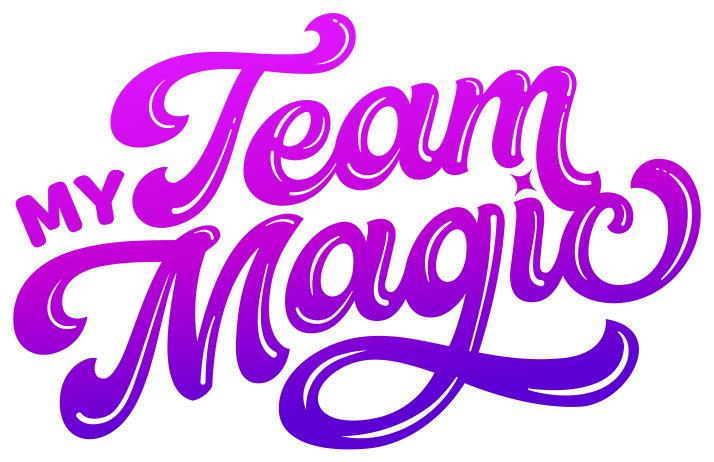Q. Some of the girls in our bungalow colony have been friends for years. While they aren’t physically hurting my daughter, they consistently exclude her from their activities and conversations, especially during Shabbat afternoons and in the evenings.
This is difficult for her because there are only a few girls her age in the colony, and finding another group to connect with is limited. My neighbor mentioned this behavior might be considered bullying, which has me confused.
My Question:
These girls seem like basically nice girls individually, but their consistent exclusion hurts my daughter. Can excluding someone be considered bullying, even if there’s no physical aggression? I’m unsure how to approach this situation.
The Blur Between “Nice” and “Mean” Bullying
This is a great question! Many people wonder if bullying is limited to “mean” kids.
Let’s explore what bullying truly is. Bullying involves intentional and repeated actions meant to harm, hurt, or cause fear or anxiety. There’s often an imbalance of power, where the bully might be stronger, older, more popular, or have more friends.
Bullying can be physical (pushing, tripping), verbal (insults, embarrassing), or social (excluding, ignoring). Social bullying, like excluding your daughter, can be especially painful because we are inherently social beings and thrive on connection. Feeling left out can be isolating and emotionally draining.
Q Empathy in the Age of Selfies: Can Kids Still Learn to Care?’
A. Building Empathy: At Home and in the Classroom
While these girls may not mean to be hurtful, excluding your daughter is causing her pain. We all have a responsibility to consider the impact of our actions on others. This ability to understand and share the feelings of another person is called empathy, and it’s a skill we can teach children from a young age.
Empathy: Beyond Kindness:
Empathy goes beyond simply being nice. It requires us to step outside our comfort zone and see things from another’s perspective. Even kind people can bully if they’re not mindful of how their actions might affect others.
While even toddlers may exhibit basic forms of empathy, it’s around age four that children truly begin to develop an awareness of others’ emotions and perspectives. But it’s never too early to model kindness and sensitivity.
As Haim Ginott famously observed, “Children are like wet cement. Whatever falls on them makes an impression. Treat a child as though he is already the person he is capable of becoming.”
Have you ever been appalled to see your child ridicule how someone looks or acts? Instead of lashing out or criticizing when your child shows insensitivity, consider a more positive approach:
Model Understanding: Show patience and try to understand the root of your child’s behavior. Are they frustrated? Confused? Just not thinking?
Explain Correct Behavior: Use gentle guidance to explain how their actions might affect others.
Research shows that children with strong empathy skills tend to thrive in school, navigate social situations more effectively, and even build stronger adult careers and relationships.

